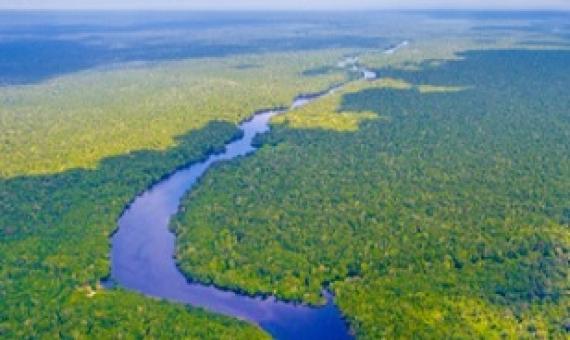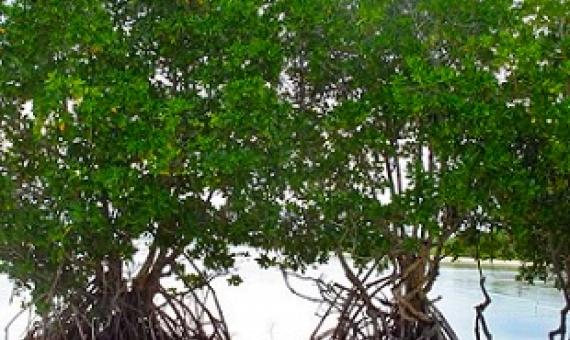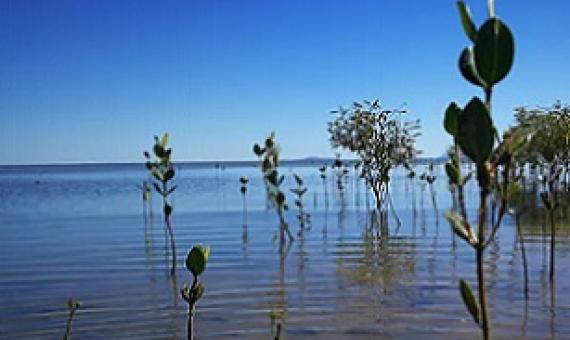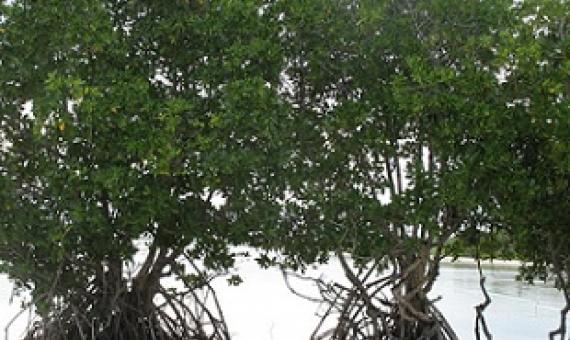A NZD$7.2 million Climate Resilient Islands Programme focusing on nature-based solutions to climate change in rural communities in Tonga was launched, in Nuku'alofa on September 7...Nature-based solutions include replanting mangroves, reforestation and natural resource management includ
The ReNature project is proud to announce the release of an interactive online toolkit designed to guide experts and non-experts in the implementation of nature-based solutions.
The villagers of Namatakula in Sigatoka will soon benefit from a nature-based seawall that will cost more than $38,000...Minister for Waterways, Doctor Mahendra Reddy says like other coastal communities in Fiji, Namatakula Village faces coastal erosion, along with increased impact from extreme we
Loss of nature and biodiversity worldwide has become a crisis. The World Bank Group’s approach paper on biodiversity and ecosystem services, Unlocking Nature-Smart Development, argues that the global nature crisis is both a systemic risk for development and a development opportunity.
The Kiwa Initiative Local Projects Component opened for submissions of concept notes on 22nd June 2021 for Very Small, Small and Medium Grants (Euro 25,000 to 400,000). IUCN will be managing this portfolio
Decision-makers around the world are increasingly interested in using ecosystem solutions such as mangroves, coral reefs, sand dunes and forests on steep slopes to help buffer the impacts from hazard events and protect populations.
A total investment in nature of $8.1 trillion is required between now and 2050—while annual investment should reach $536 billion annually by 2050—in order to successfully tackle the interlinked climate, biodiversity, and land degradation crises, according to the State of Finance for Nature report
The Permanent Secretary for Environment Joshua Wycliffe says the COVID-19 pandemic has impacted the ways in which we produce, process and consume food.
Projects that manage, protect and restore ecosystems are widely viewed as win–win strategies for addressing two of this century’s biggest global challenges: climate change and biodiversity loss.
Nature-based Solutions (NbS) could support transformative change in environmental sustainability—to address major societal challenges, including the climate crisis—according to a new paper from Oxford researchers.
















